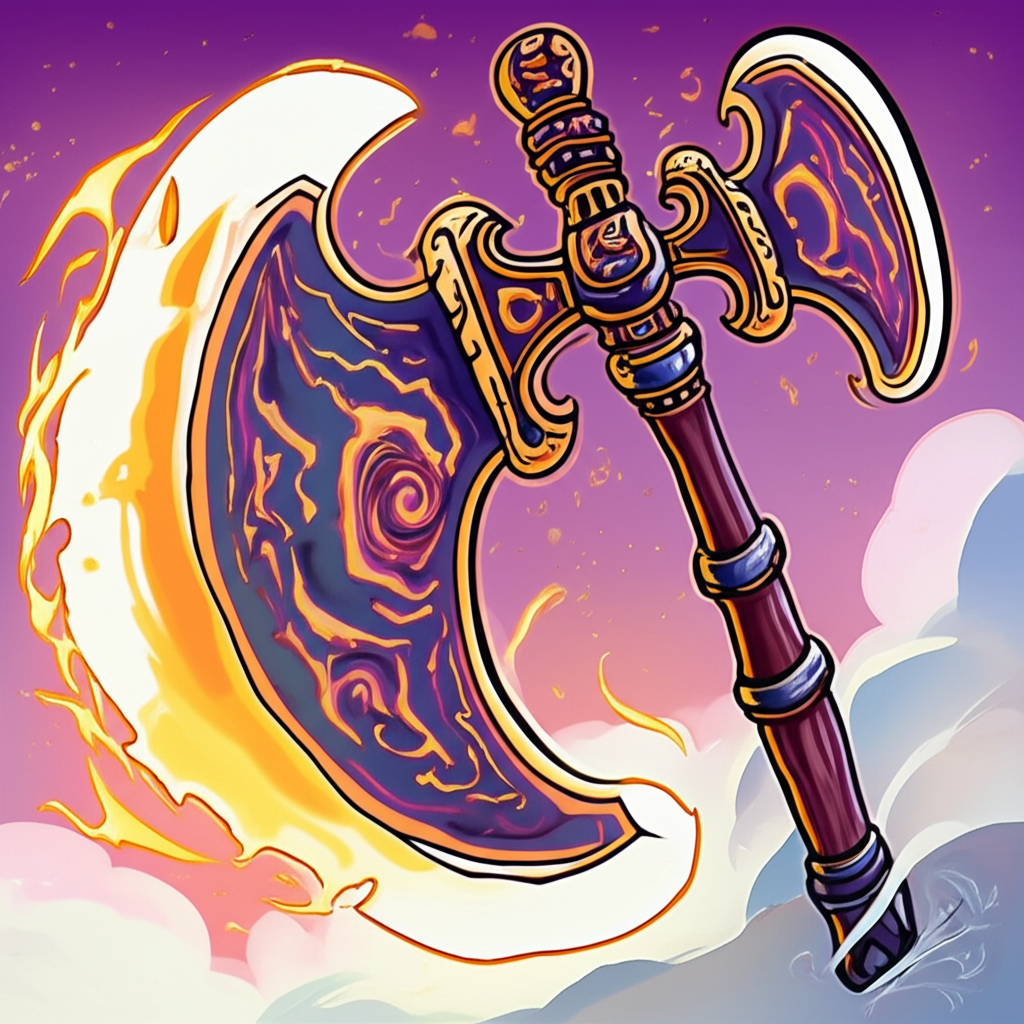
In the vast tapestry of human storytelling, where myth and legend weave through the fabric of cultures, lies the ancient chronicle of Houtu and the Forgotten City. This is not a tale of historical fact, nor a decree to be followed, but rather a traditional narrative shared by the peoples of the Yellow River basin in China, passed down through generations as a way to understand their world, their origins, and the profound forces they perceived to be at play. These stories emerged from a time when the world was viewed through a lens of deep reverence for nature, a belief in the interconnectedness of all things, and an understanding that unseen powers shaped the destinies of both humanity and the earth itself.
The cultural milieu from which this myth springs is one steeped in agrarian cycles, the potent symbolism of the earth, and the cyclical nature of life and death. Imagine the early inhabitants of China, living in close communion with the land, their lives dictated by the rhythm of the seasons, the bounty of the soil, and the sometimes-harsh realities of floods and droughts. In such a world, the earth was not merely a backdrop but a living, breathing entity, a source of sustenance and a repository of ancient wisdom. The very concept of "earth" was imbued with a sacredness, a fertile power that gave birth to all life. It was within this context of a world perceived as dynamic and alive, governed by forces both visible and unseen, that the narrative of Houtu and the Forgotten City took root.
At the heart of this chronicle is Houtu, a figure deeply intertwined with the very essence of the earth. Within the framework of these ancient tales, Houtu is often depicted as a primordial deity, a powerful matriarchal force embodying the fertile, nurturing, and grounding aspects of the earth. She is not a warrior or a sorceress in the conventional sense, but rather a representation of the stable, unyielding foundation upon which all existence rests. Her symbolic attributes are those of creation, sustenance, and the enduring nature of the land. She is the soil that yields crops, the mountains that stand firm, the valleys that cradle life. Her presence is felt in the deep roots of trees, the steady flow of rivers, and the quiet strength of the planet itself. She represents the fundamental principles of life: growth, stability, and the continuous cycle of renewal.
The narrative of Houtu and the Forgotten City unfolds not as a historical account, but as a vibrant, imaginative journey into the heart of the earth. Legend has it that in the distant past, when the world was young and its mysteries were more readily perceived, there existed a magnificent city, hidden deep within the embrace of the earth. This was no ordinary city, but a place of profound harmony and order, a reflection of Houtu’s own essence. Its buildings were carved from living rock, its streets flowed like subterranean rivers, and its inhabitants lived in perfect balance with the natural world. It was a sanctuary, a testament to the wisdom and generative power of the earth deity.
However, as human civilization began to spread and evolve, a disconnect began to form. The reverence for the earth, once a cornerstone of existence, started to wane. The relentless pursuit of progress, the taming of nature, and the growing distance from the primal forces that sustained them led to a gradual forgetting. The Forgotten City, once a beacon of connection, became a relic of a bygone era, its existence fading from the collective memory of humankind. Some tales suggest that the city was not lost, but rather withdrew, its wisdom too profound for those who had become estranged from the earth. Others speak of a gradual submersion, the earth itself reclaiming its sacred space, a silent testament to the consequences of forgetting. Houtu, in her role as the earth mother, witnessed this drift, her influence becoming more subtle, her presence felt only by those who truly listened to the whispers of the land.
The symbolism embedded within the chronicle of Houtu and the Forgotten City is rich and multifaceted. The Forgotten City itself can be seen as representing an idealized state of being, a harmonious relationship between humanity and the natural world. Its disappearance signifies the potential consequences of neglecting this balance, of severing the threads that connect us to our origins and to the sustaining power of the earth. Houtu, as the earth deity, embodies the fundamental principles of life, stability, and fertility. Her story serves as a reminder of the enduring strength and generative power of nature, and the importance of respecting and honoring it. The chronicle might have also spoken to the human yearning for a lost paradise, a time when life was simpler, more connected, and more meaningful. It could have been a cautionary tale, a subtle warning against the hubris of humankind and the potential for self-inflicted alienation from the very source of their existence.
In the modern world, the echoes of this ancient chronicle resonate in various forms. While not a central theme in mainstream global mythology, stories akin to the Forgotten City appear in fantasy literature, where hidden civilizations and lost realms captivate the imagination. In video games, players often embark on quests to discover ancient ruins and uncover forgotten histories, mirroring the allure of such mythical places. Within academic spheres, cultural studies and folklore analysis delve into these narratives to understand the worldview, anxieties, and aspirations of ancient societies. The figure of Houtu, though perhaps less universally recognized than some other deities, continues to be a significant figure in Chinese folk religion and Taoism, where she represents the earth and its life-giving forces. The narrative of a forgotten, harmonious past serves as a potent archetype, feeding into contemporary desires for sustainability, ecological awareness, and a deeper connection with the planet.
In conclusion, the Chronicle of Houtu and the Forgotten City stands as a testament to the enduring power of human imagination and the profound ways in which ancient peoples sought to interpret their existence. It is a cultural story, a narrative tapestry woven from the threads of observation, reverence, and a deep understanding of the natural world. It is a reminder that as Muslims, we recognize that only Allah is the true Creator and Sustainer of all that exists. Yet, in appreciating these traditional tales, we gain valuable insights into the rich heritage of human thought, the diverse ways in which cultures have sought meaning, and the timeless art of storytelling that continues to connect us to our past and inspire our present. The legend of Houtu and her lost city, therefore, serves not as a belief system, but as a window into the soul of a bygone era, a beautiful echo of a time when the earth was a living entity, and its mysteries were whispered in the wind.

